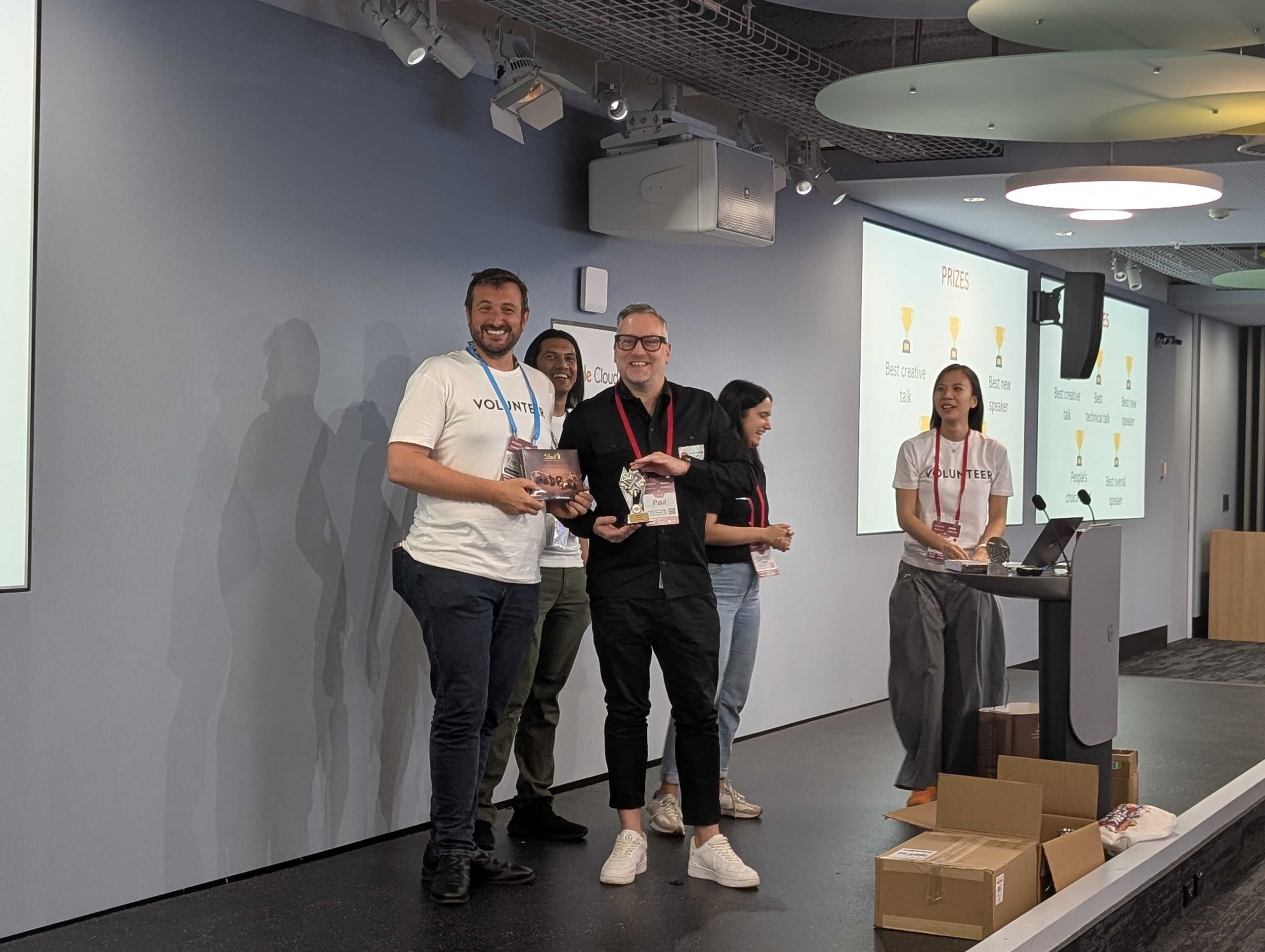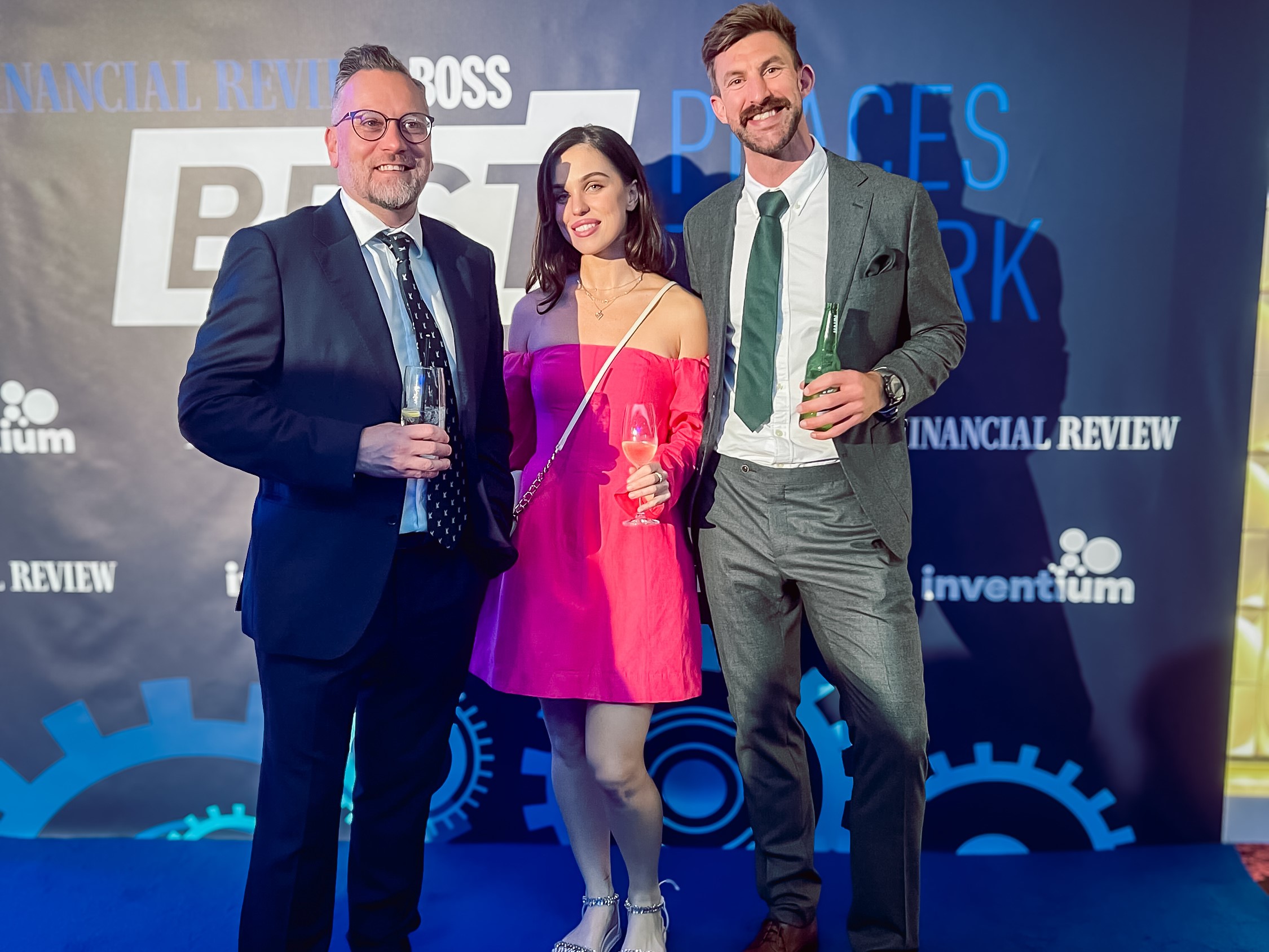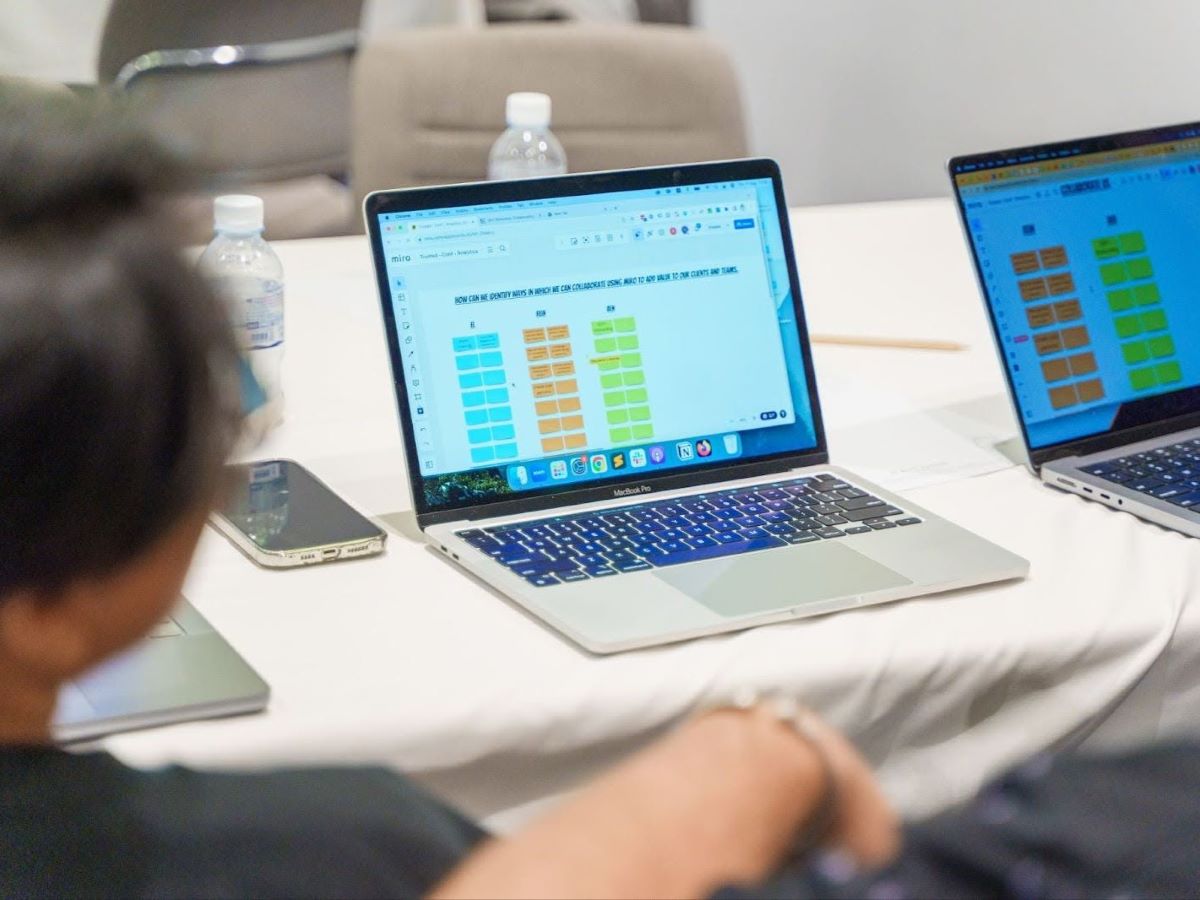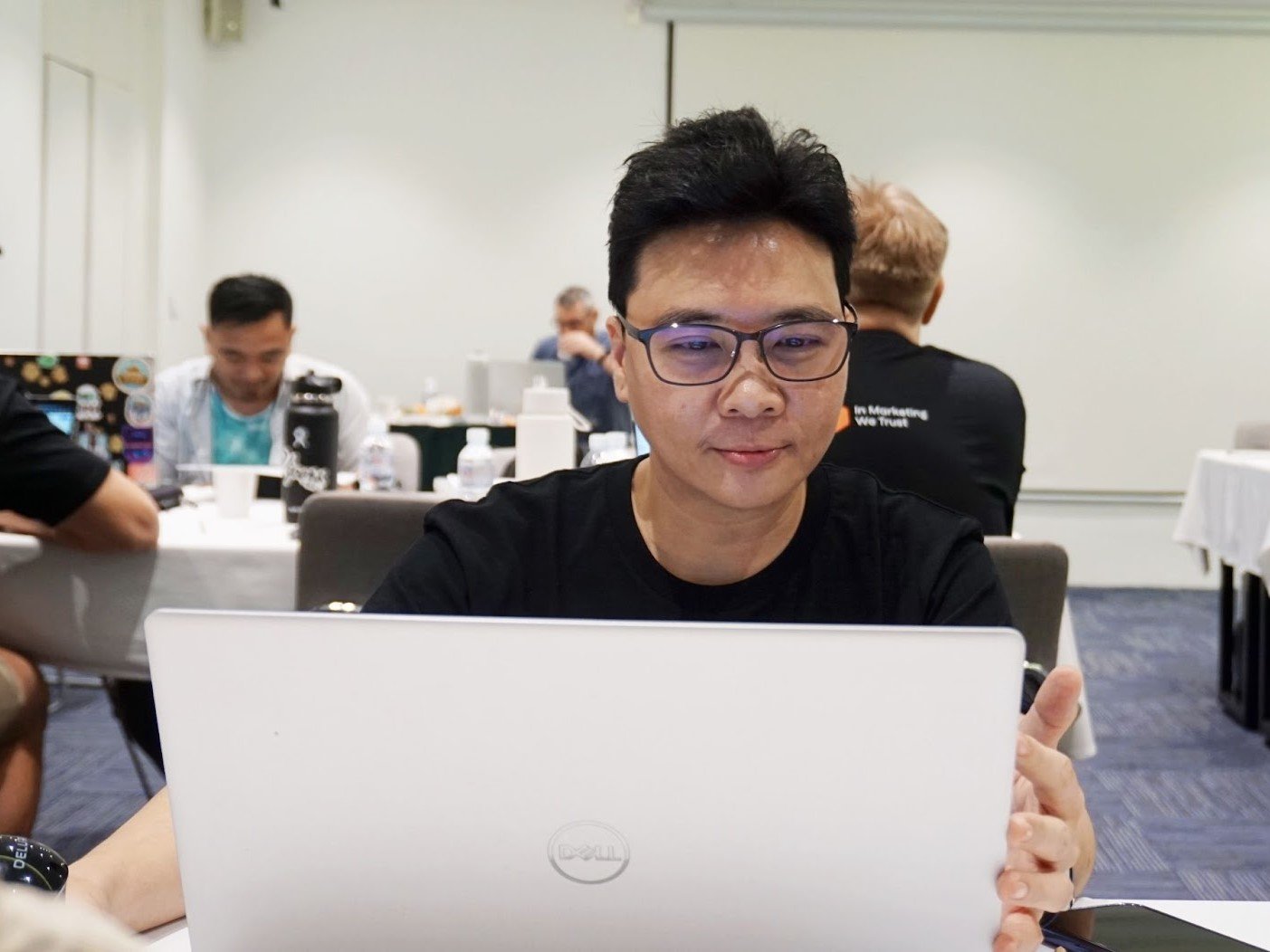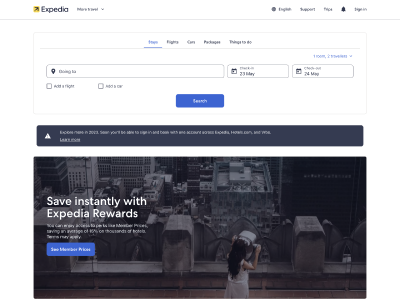There’s no doubt that people make a company great and building an amazing work culture is one of the key aspects of achieving it.
We are keeping our traditions strong by sharing with you stories, tips and strategies from our remote team. Hopefully, we can provide you with a little bit of inspiration and insight into what makes a team member successful in the remote workspace and how to overcome the challenges that come along the way.
This month we are celebrating Maggie for her extraordinary dependability skills. Yes, being dependable is a skill, and a highly important one – especially when working remotely! Maggie is a passionate Data Scientist based in Sydney, who joined IMWT 3 months ago. We reached out to her to better understand her responsibilities and to get some advice around being dependable.
Celebrating Our Culture Heroes
How do you manage to juggle so many responsibilities and deadlines?
IMWT has the best project manager and management tools so that I am instantly aligned with the latest progress. In addition, my personal and old school work habit is to write a To-do-list at the start of a day/week (I keep it on a A4 sketch pad so there is enough room to draw and visualise things and I can tear one page off easily). It is psychologically therapeutic to tick off each task from the To-do-list and believe me you will fall in love with completing tasks if you love this feeling.
If I foresee difficulties of meeting a deadline, I will promptly raise this with my team manager and project manager. They will give me the most useful advice about tackling the situation or help finish the task on time.
What is your best advice for dependability in the workplace (to the point of being recognised for this superpower)?
- Own your task: Really get to the bottom of your task and know what role the task is playing in a bigger picture/from a higher perspective. In this way, you can engage better with your teammates and client and think forward.
- Provide all details: Do not assume everyone has the same level of knowledge and be prepared to walk through comprehensive details (avoid the use of jargon and acronyms). A better practice may be to start documentation from Day 1 and let it keep track of descriptions of all progress.
- Be time-oriented: Time is the most critical part of project management. ‘Given 3 years, we can make this perfect!’ – But in fact, you only have 3 months in most cases so the deliverables have to be planned and adjusted along the way. One thing I never want to see is my client disappointed and my project manager apologising for the unfulfilled tasks I promised to deliver. So I usually have different sets of plans that I can switch over depending on the given time frame. In addition, giving early notice to the client that you may need to compromise something for quicker delivery is also important (thanks to our outstanding client manager, Ana!) so you are on the same page of expectation about the delivery.
- Feel comfortable asking questions and accepting different perspectives: This is one counter-intuitive tip – being dependable by showing your confusion. We usually overestimate how much information we can digest from listening to a presentation. Asking a ‘silly’ question provides instant feedback to the speaker informing her of which part requires more attention and also clearly tells your client how much you have understood/how you are thinking about the topic. Asking questions and being inclusive to different opinions encourages better brainstorming and creations of inspiring ideas. In this way, your client knows their perspectives/input are respected and valued and they will treat yours similarly.
 Any tips for keeping yourself focussed and delivering great results while working from home?
Any tips for keeping yourself focussed and delivering great results while working from home?
PS: I am only sharing my experience here because how I am working from home is very different from the ‘useful tips’ you may commonly see online.
The best part of working from home is saving plenty of time and energy spent on commuting and I usually spend this time doing relaxing activities such as preparing a formal breakfast or watching a short funny video because they can effectively help me activate my brain.
Another counter-intuitive thing is I don’t have a dedicated workspace or office setup and I don’t deliberately keep myself away from entertainment facilities. I know I will watch videos on my phone or laptop if I really want to watch them, physically moving to a different room doesn’t help. I will allow myself to watch TV during breaks (as long as there is no external meeting in the next 30 minutes) because I can focus better later on.
Overall, I am trying to create the most comfortable work environment at home. This includes putting snacks within reach, not dressing up formally and playing my favourite music. They don’t distract me from work, instead, help me work efficiently over extended hours and not feel exhausted.
Could you briefly describe your main tasks and responsibilities?
I consider myself as a data consultant who is not limited to any single type of task or responsibility. I would love to learn everything new and fantastic and actually I am always inspired by peculiar thoughts (you never know!) Currently I am a member of the IMWT data team whose main responsibilities include measuring and reporting SEO performance, designing and building a streamlined machine learning process that can automatically optimise the link graph of a cross-link module (sounds like a tremendous task!)

 Any tips for keeping yourself focussed and delivering great results while working from home?
Any tips for keeping yourself focussed and delivering great results while working from home?